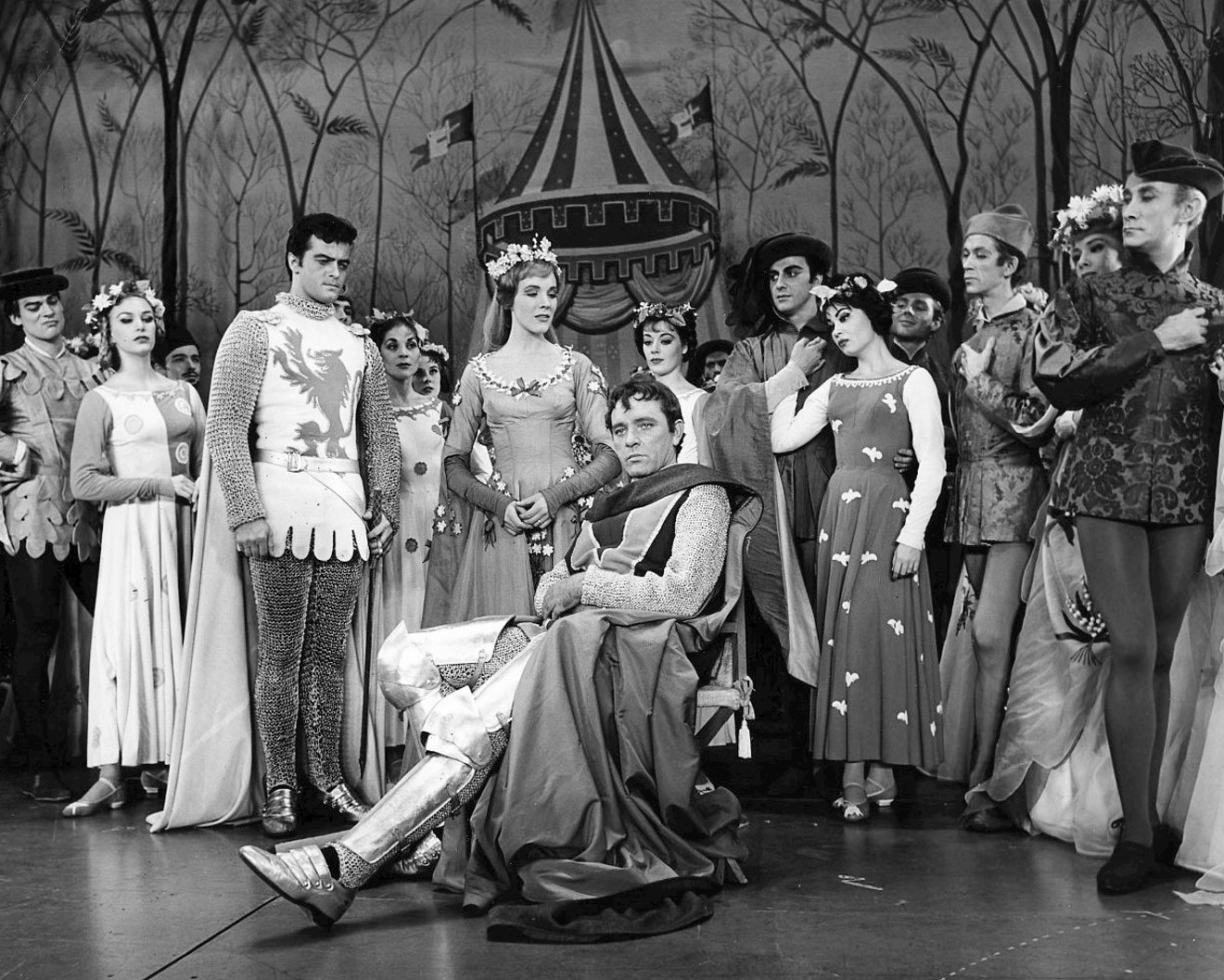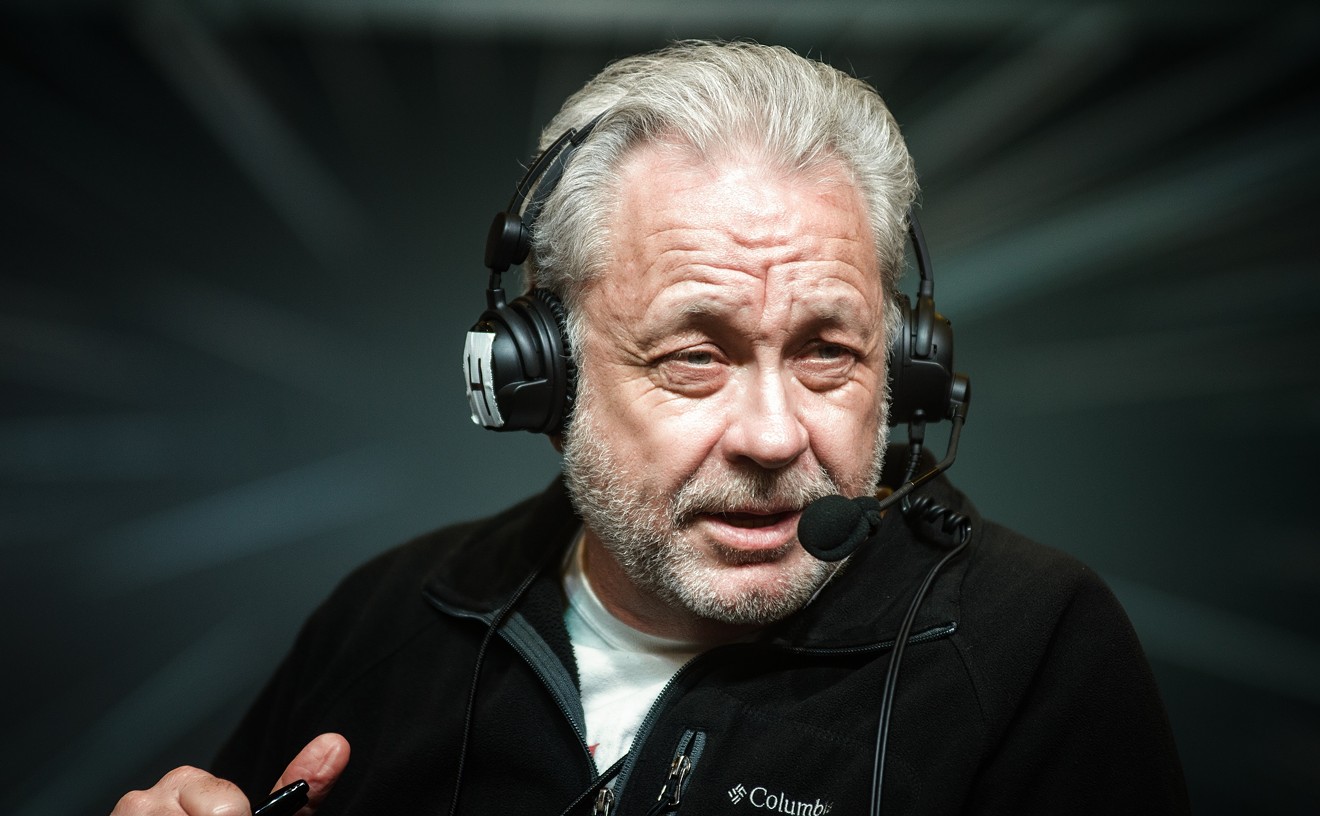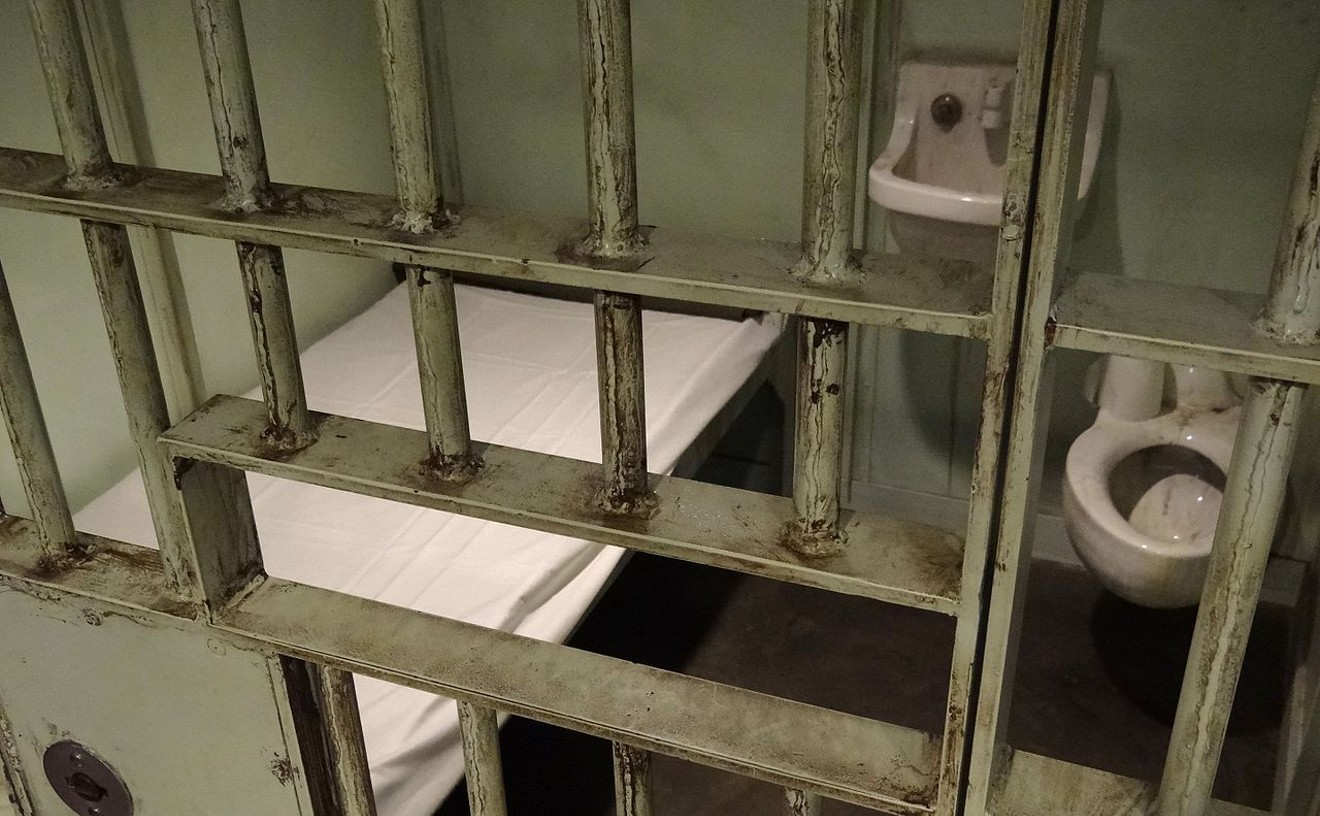Is he formulating a policy or announcing an initiative? Does he in any way take the bull by the horns and assume political ownership? It’s not like there isn’t a template.“I have exercised patience with respect to our city’s crime fighting efforts in the months since I was elected mayor …” —Eric Johnson
tweet this
Two years ago the Anti-Defamation League and the U.S. Conference of Mayors put together a national campaign to fight hate, extremism and bigotry. In another initiative, a national consortium of public interest groups and academic centers called Inequality.org has taken a hard look at the role of poverty. A 2018 University of Texas at Arlington study found that the number of racially and ethnically concentrated (segregated) areas of poverty in Dallas has doubled in the last 26 years.
If somebody’s serious about addressing the murder rate, there’s a lot to work with. But what is Mayor Johnson’s plan of attack?
Last week Johnson publicly released a letter to the city manager insisting that he and the police chief do something. He starts off: “I have exercised patience with respect to our city’s crime fighting efforts in the months since I was elected mayor …”
Wow, he thinks he’s the one exercising patience? Somebody needs to tell him. The whole city has been exercising extreme patience, along with fear, anger, frustration and confusion. The highest murder rate in a dozen years tends to do that.
“I have not heard anyone articulate a concrete plan to reduce violent crime in our city by a particular amount and by a certain time,” he says in his letter.
Yes, well, Mr. Mayor, that’s the sort of thing most of us were hoping we might hear from you. You know. As mayor?
“Accordingly,” he says “I hereby request that you instruct the police department to produce a comprehensive written plan to reduce violent crime in Dallas by a time certain. This plan should include clear and numerical violent crime reduction goals and timelines, specific strategies for achieving these reductions and an analysis of the trends and drivers of violent crime in our city.”
Sure. And if the police department can pull that off, I personally would like also to see the cops turn water into wine, multiply fishes and loaves and make the Empire State Building disappear. While they’re at it.
I don’t mean to say the murder rate in this city or anywhere else in the country is completely impervious to understanding or amelioration. These terrible murders plead for our understanding and hold out clues for us in their bloody hands.
There are many places to look, but few of them fall within the purview of the police department. More of the important indicators fall squarely in the laps of the city’s political leadership.
The mayor does mention a big one. In his letter, Johnson says, “The number of African Americans alone who have been killed in our city in 2019 is staggering and would constitute a bad year for total homicides in many large U.S. cities.”
Interestingly, the major media in Dallas almost never mention the racial/ethnic breakdown of the murder problem in Dallas. The Texas Tribune, published in Austin, posted a story about the Dallas murder rate last August that did address the staggering disproportion of black versus non-black murders. Black citizens of Dallas, the Tribune reported, represent about 24% of the city’s population but have accounted for half the city’s murder victims since 2014.
That certainly does not make murder in Dallas a black-only problem. The city’s overall murder rate, according to the Tribune, is by far the highest among major Texas cities, half again Houston’s murder rate, twice San Antonio’s and four times the rate in Austin. But the Tribune’s reporting showed that the biggest single element driving the rate up in Dallas is murder within the city’s poorest, most segregated black neighborhoods.
Most white people in Dallas won’t talk publicly about black murder for one of three reasons. 1) They’re afraid somebody will think they’re racist. 2) They are racist. 3) Both.
The racist assumption by some white people is that murder in particular and crime in general are worse in segregated black communities because black people are worse. It doesn’t occur to them that crime may be worse in those communities because the communities are segregated.
If we fence people out of the mainstream society for centuries and rule over them without benefit of the rule of law — that is, we suspend the rule of law in their community — why would we expect them to have great reverence for the rule of law? What rule of law? Whose law? In the history of this nation since the passage of the Constitution, the rule of law too often has been white man’s law."I hereby request that you instruct the police department to produce a comprehensive written plan to reduce violent crime in Dallas by a time certain." — Eric Johnson
tweet this
Bringing individuals to justice is what the cops do. They collar them and haul them in. But bringing an entire sub-community to justice is what political leaders must do, and the only way they can pull that off is by bringing that sub-community into full acceptance, partnership, cheek-by-jowl physical proximity and trust within the larger community.
I sent in a request to talk to the mayor about his thoughts on crime reduction. I received a call back from Tristan Hallman, the mayor’s chief of policy and communications. I asked Hallman, “Does the mayor have a plan for combating the murder problem in the city?”
He said, “The mayor’s not a police officer.”
I said I understood that but wondered what the mayor’s ideas were for fighting crime.
“The mayor’s going to leave that up to the city manager to figure out,” he said.
That’s nowhere near good enough, even though technically and structurally it’s correct. This is a so-called weak mayor city, meaning the mayor’s legal authority is restricted to his single vote on the City Council, where he is one of 15.
Authority over the city’s day-to-day operation belongs solely to the city manager, who is a hired employee of the council. The council is not supposed to micro-manage the departmental operations.
But it’s also a dodge and an obfuscation for the mayor to hide behind that structure on an issue this big. While the mayor and council are not supposed to stick their noses into the daily operations of city employees, the city manager is equally unwelcome on the city’s big political stage.
The murder rate problem is not only about the murder rate. It’s about a basic unraveling of the city’s social and moral fabric. The dilemma for the city manager is not only that he is ill-equipped to do anything about it. It would be wholly inappropriate and wrong for him to intrude on an issue this large and this fundamentally political.
We the citizens of the city don’t hire people to do things like that for us. We elect them.
And who should know that better than the guy we just elected mayor? He ran on a platform of “civility.” I’m sure I wasn’t the only one who thought he was talking about civilization. Was he really just talking about high tea? I think we have some bigger issues to take care of way before we get to high tea. Murder has always been at the top of my own personal agenda of concerns.
After I explained in greater detail what I was going to write, Hallman sent me a written statement, which I quote in part:
“Crime prevention is an effort that requires community engagement and policies that can help bring about equity in Dallas. Mayor Johnson created the Task Force on Safe Communities with that idea in mind, and he plans to pursue policies that will help residents in Dallas to share in our city’s prosperity.”
Before we leave the topic of manners, however, let’s take a close look at the manner in which this was done. If the mayor really doesn’t have any great ideas of his own about fighting crime, if he really is that dependent on the hired staff, then he has some in-house team-building to do. He goes to the city manager, maybe asks that the police chief be present, and he tells them what thinks needs to be done.
Maybe he reads them the riot act. By God, you people get this done, or I’m going to start talking to the rest of the council about firing you.
But if that’s it, if it’s to be an in-house effort, then it starts in-house, right? You don’t start by sending a letter out to all the major media reading the riot act. What’s the purpose there? What’s the plan? Obviously I’m not a mind-reader, but I can tell you what I think it means:
It’s not my fault. Don’t blame me. It’s the city manager. It’s the police chief. The cops are just letting people murder people. Stop calling me about this. I’m sick of people telling me Dallas has four times Austin’s murder rate. I’m just the mayor. My real job is with a big law firm downtown. I don’t have time for this. Get off my back.
There’s something especially bizarre about Johnson’s demand for “a comprehensive written plan to reduce violent crime in Dallas by a time certain.”
I keep thinking of an old Broadway musical song. “The rain may never fall till after sundown; By eight, the morning fog must disappear; In short, there's simply not a more congenial spot for happily ever after-ing than here in Camelot.”
If only.













